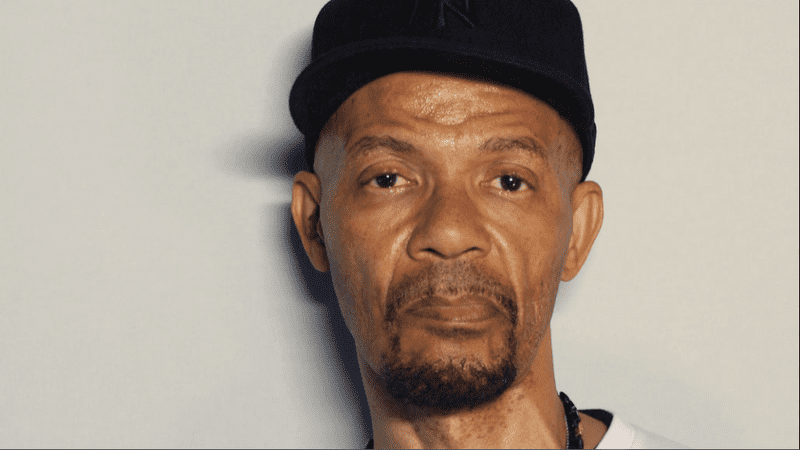
In September 1994, Nicholas Heyward's son, Nicholas Jr., was playing cops and robbers with friends where he lived in Gowanus Houses. Nicholas, a seventh-grader at the time, held a toy gun with a bright orange tip. As Heyward told StoryCorps in 2015, an NYPD officer was nearby on routine patrol.
"There was a 911 call of shots fired," Heyward said. "Nicholas appeared before him suddenly, and the officer shot him. And Nicholas was gone."
In that same StoryCorps segment, Heyward said the loss was still raw 21 years after Nicholas's death.
"The pain has actually gotten deeper for me," Heyward said. "I wonder what it'd be like to have a son, 33 years old."
The officer responsible for the killing was never charged, and Heyward would spend the rest of his life fighting for justice for his son and for others killed at the hands of police.
According to the website Juvenile Justice Information Exchange, which covered Heyward's activism over the years, Heyward died on New Year's Eve of cardiac arrest — he died of a broken heart, as his wife put it. Heyward was memorialized and buried this week.
Anthony Beckford, a family friend and fellow activist against police brutality, said in a phone interview that Heyward was seen as a wise elder among activists. He agreed with others who have said that Heyward helped lay the groundwork for the Black Lives Matter movement.
"He became that centerpiece, that gravitational pull, in our universe of fighting for our people." Beckford said. "We all gravitated towards him. It was almost like we'd orbit around Nick. He was our sun and we were the planets."
In covering Heyward's funeral, the Juvenile Justice Information Exchange noted that it took place at the same church, House of the Lord Pentecostal Church in Brooklyn, as young Nicholas's service in 1994. Heyward's younger son, Quentin, spoke.
"My father was not driven by pain. He was not driven by grief — these things come naturally when you lose a child," the article quoted him as saying. "He was driven by justice."
Heyward fought to have Nicholas's case reopened, and prosecutors did, in 2016. But the Brooklyn District Attorney's office found, once again, that there was not enough evidence to charge the officer who shot Nicholas.
